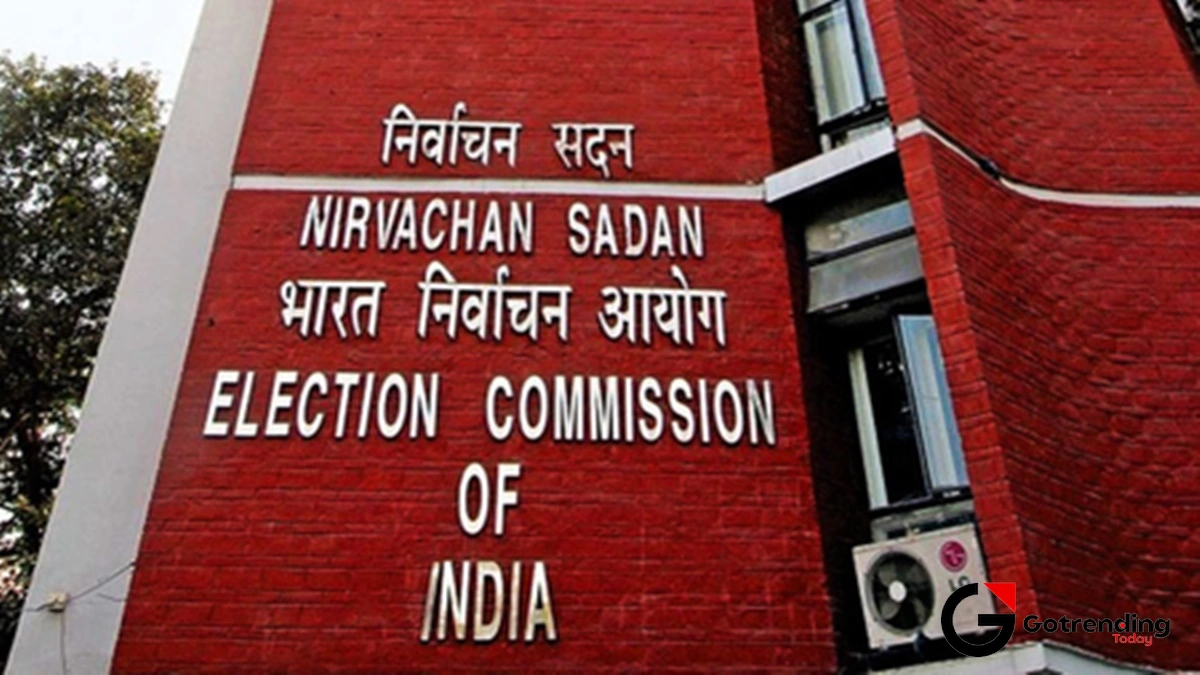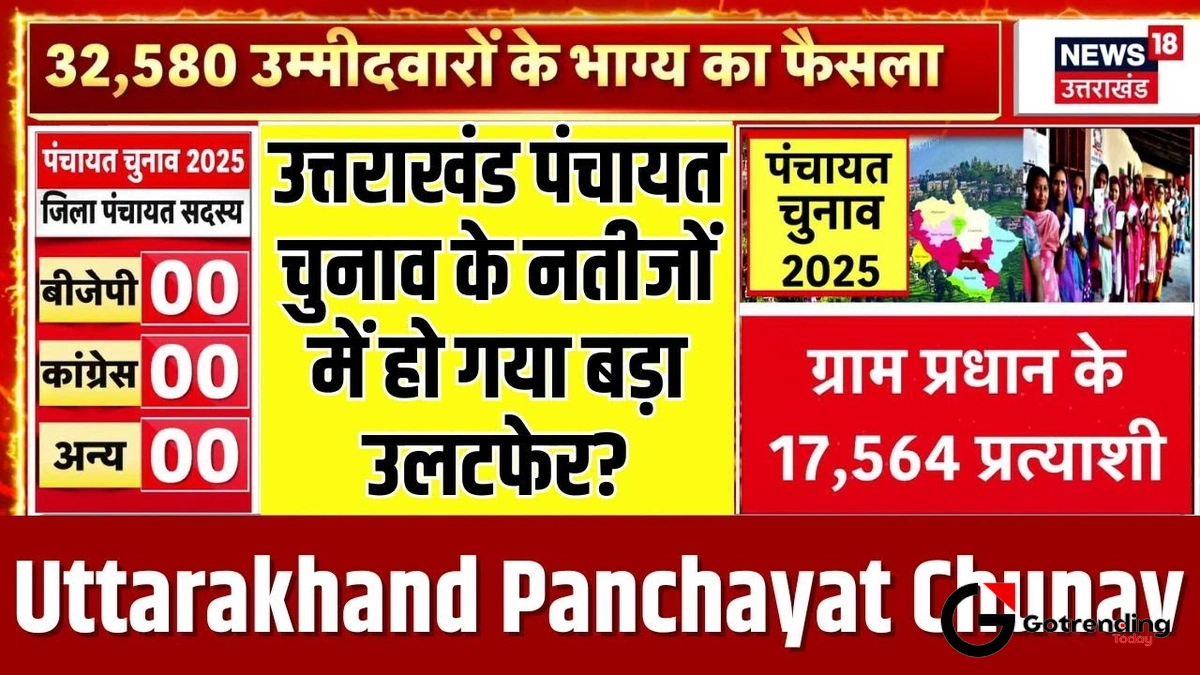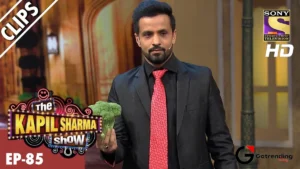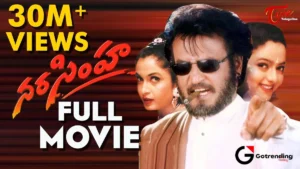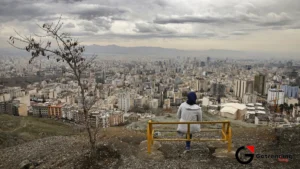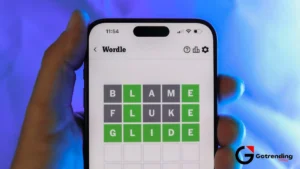The Unseen Hand | My Thoughts on the Election Commission of India and Why It’s More Than Just a Government Body
You know the feeling. The air gets thick with a certain kind of energy. Suddenly, every lamp post, every wall, every overbridge is plastered with smiling faces, each promising a brighter tomorrow. The noise level in your neighborhood cranks up by a solid ten decibels, a chaotic symphony of loudspeakers on auto-rickshaws, all blaring different campaign songs. This is it. The Great Indian Election is upon us.
It’s a festival, a battle, a national obsession. A billion-person-strong exercise in organized chaos. And I’ve always been fascinated by a simple question: Who’s the ringmaster of this colossal circus? Who ensures this vibrant, noisy, often-contentious beast doesn’t just… collapse? The answer, my friends, is the Election Commission of India (ECI).
And that’s the thing. We hear the name all the time, especially during election season. It flashes across news tickers. Politicians either praise it or curse it, depending on the day. But I get the sense that for many of us, it’s just another one of those vague, powerful acronyms floating around in the soup of Indian bureaucracy. But it’s so much more than that. It’s the very backbone of our democracy. Seriously.
The Temporary Superpower No One Talks About
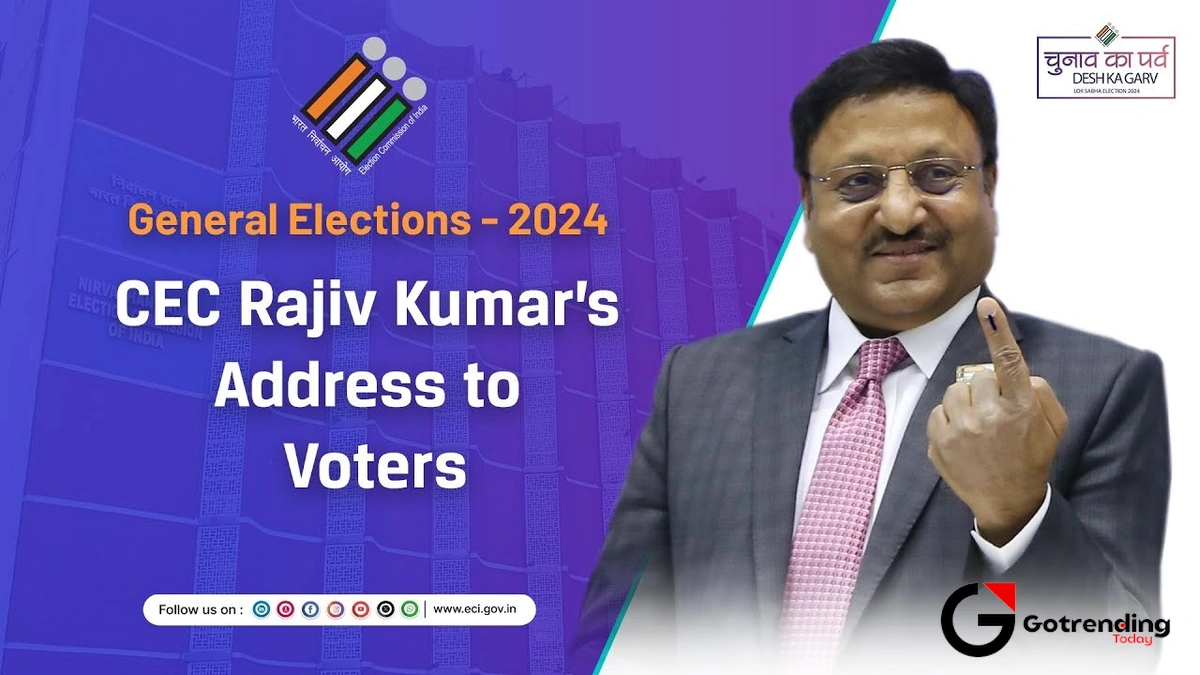
Here’s the part that really gets me. As soon as elections are announced, a switch is flipped. A strange, almost magical thing called the Model Code of Conduct (MCC) kicks in. And overnight, the Election Commission of India becomes arguably the most powerful body in the country.
Think about it. The ruling government is suddenly barred from announcing new sops or projects. Ministers can’t use official machinery for their campaign work. I remember once, during a state election, seeing municipal workers frantically covering up a massive government billboard featuring the Chief Minister’s face. Why? The MCC. It’s the ECI’s way of trying to level the playing field, ensuring the party in power doesn’t have an unfair advantage.
These ECI powers and functions are not derived from some flimsy government order. They flow directly from Article 324 of the Constitution. It’s the source code. This article gives the ECI the magnificent, terrifyingly broad mandate of “superintendence, direction and control” over all elections. It’s a constitutional heavyweight, designed to be independent and autonomous. The entire Indian election process rests on this foundation.
It’s not just about rules, though. It’s about enforcement. The ECI can postpone polls, cancel them in a particular booth if things get messy, and even disqualify candidates for violations. It’s the referee in the world’s most crowded, high-stakes football match, and it carries a whole pocketful of red cards.
But Who Are These Referees, Anyway?
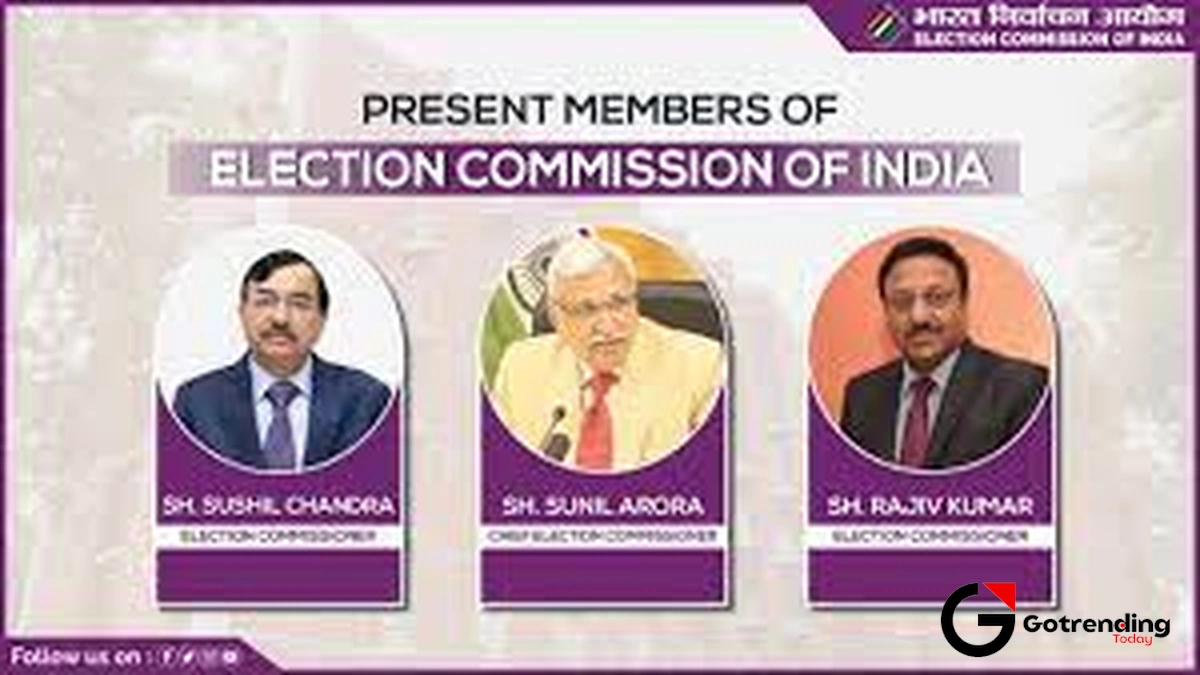
This is where it gets a little more complicated. The Commission is headed by the Chief Election Commissioner of India (CEC), supported by two Election Commissioners. These are meant to be people of immense integrity, usually seasoned civil servants. But their appointment has become a hot-button issue.
Traditionally, they are appointed by the President, based on the recommendation of the Prime Minister. And you can see the potential problem there, right? Critics have argued for years that this process compromises the ECI’s independence. A panel or collegium, they say, involving the Chief Justice and the Leader of the Opposition, would create a more neutral selection process. There was a brief period where a Supreme Court ruling mandated this, but a new law has since reverted the power dynamic more towards the executive. It’s a constant push-and-pull, a reminder that even the strongest institutions need public vigilance to stay that way. The whole process of ensuring free and fair elections is an ongoing effort, not a settled fact.
Let’s be real, the job is a thankless one. When an election goes smoothly, no one sends the ECI a thank-you card. But the moment something goes wrong an EVMs glitch, a delayed result they’re the first in the firing line. Speaking of which…
The Great EVM Debate and Trust in the Machine
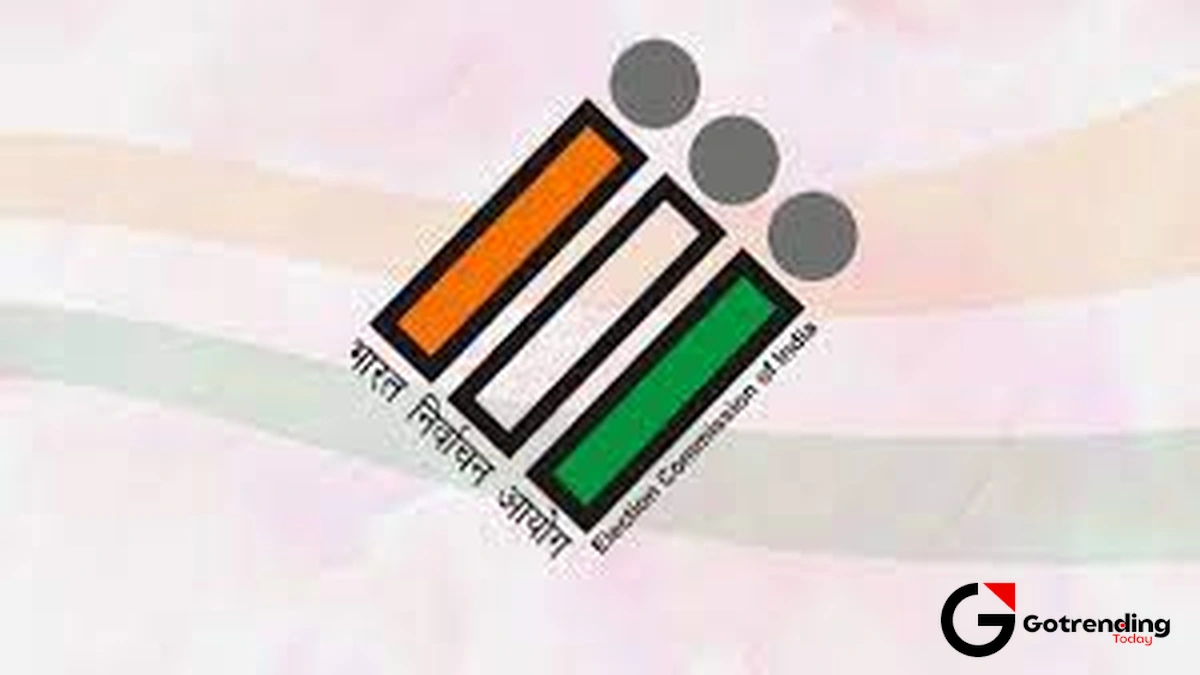
Ah, the Electronic Voting Machine, or EVM. Our sleek, portable, and perpetually controversial ballot box. Every election cycle, without fail, questions about their reliability pop up. Can they be hacked? Are they favouring a particular party?
I get the skepticism. We’re entrusting the fate of the nation to a black box. But the ECI has gone to great lengths to build trust. That’s where the VVPAT (Voter Verifiable Paper Audit Trail) comes in. After you press the button on the EVM, a little slip of paper is printed and displayed for a few seconds behind a glass screen, showing the symbol of the party you voted for. It then drops into a sealed box. It’s the ECI’s way of giving us a physical receipt, a paper trail to verify the electronic count. It’s a fascinating solution to a very modern problem of trust. It’s like when you’re checking your allotment status for an IPO; you want that confirmation slip, that proof that your action was registered correctly.
FAQs About the ECI (Because Let’s Be Honest, It Can Be Confusing)
What exactly is the Model Code of Conduct? Is it legally binding?
Okay, so this is a bit of a quirk. The MCC is not a law passed by Parliament. It’s a set of norms and conventions agreed upon by political parties, which the ECI enforces. While you can’t be jailed for violating the MCC itself, the actions that violate it (like hate speech or bribery) are often punishable under other existing laws, like the Indian Penal Code. Think of it as a code of honour with a very, very strict enforcer.
How is the Chief Election Commissioner of India appointed?
As of the latest laws, the CEC and other Election Commissioners are appointed by the President of India. The selection committee for this is headed by the Prime Minister and includes a Union Cabinet Minister and the Leader of the Opposition in the Lok Sabha. It’s a system that has been, and continues to be, a subject of intense debate regarding its impact on the Commission’s neutrality.
Can the Election Commission of India really ban a politician from campaigning?
Yes, it absolutely can. Using its powers under the MCC, the ECI has, on many occasions, imposed temporary bans (typically for 24, 48, or 72 hours) on politicians for making inflammatory speeches, personal attacks, or other serious violations. It’s one of its most potent tools for trying to maintain some level of decorum during the campaign frenzy.
Are EVMs really tamper-proof? What’s the deal with the VVPAT?
The ECI maintains that EVMs are tamper-proof. They are standalone machines, not connected to the internet, which makes remote hacking impossible. The VVPAT system was introduced to add another layer of security. It provides a paper trail that can be used to verify the electronic count in case of a dispute. While no system is beyond question, these measures are in place to make the process as secure as possible. The finality of the outcome is key, just like in any major event, you need a guide to the resultsto understand what happened.
How do I get my Voter ID card or check my name on the list?
This is crucial! You can register to vote online through the National Voters’ Services Portal (NVSP) or by submitting a physical Form 6 at your local Electoral Registration Office. Checking your name on the electoral roll is just as easy on the same portal. The Voter ID card , also known as EPIC (Electors Photo Identity Card), is the primary proof. You can find all this information on the official Election Commission website.
So, the next time you’re stuck in traffic because of a political rally, or when you see that indelible ink mark on your neighbour’s finger, take a moment. Think about the colossal, invisible machinery whirring away in the background. The Election Commission of India isn’t perfect. It faces immense political pressure and logistical nightmares that would make a military general sweat. But for all its flaws and the debates surrounding it, it remains the silent, steadfast guardian of the single greatest thing we do as a nation: vote.
